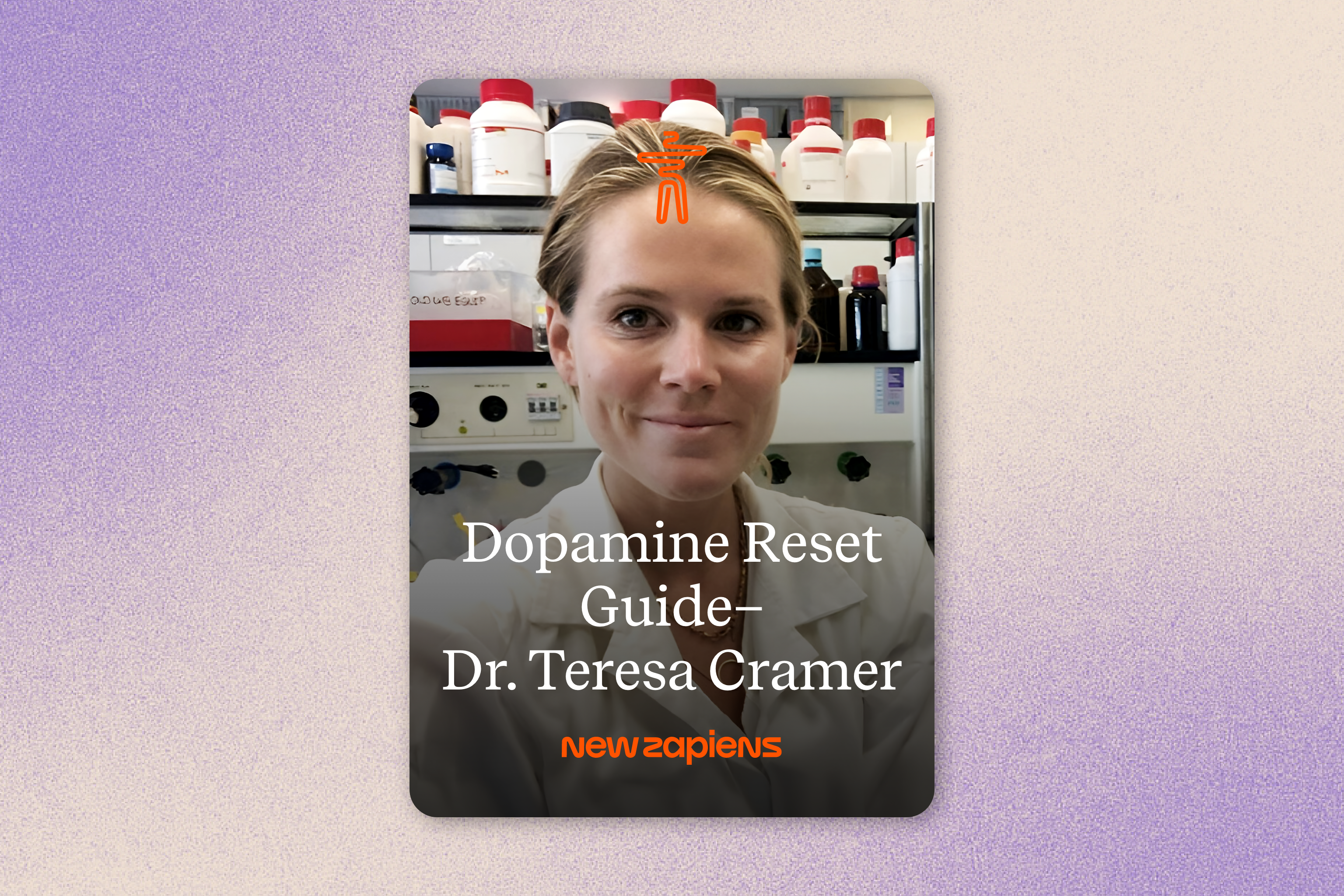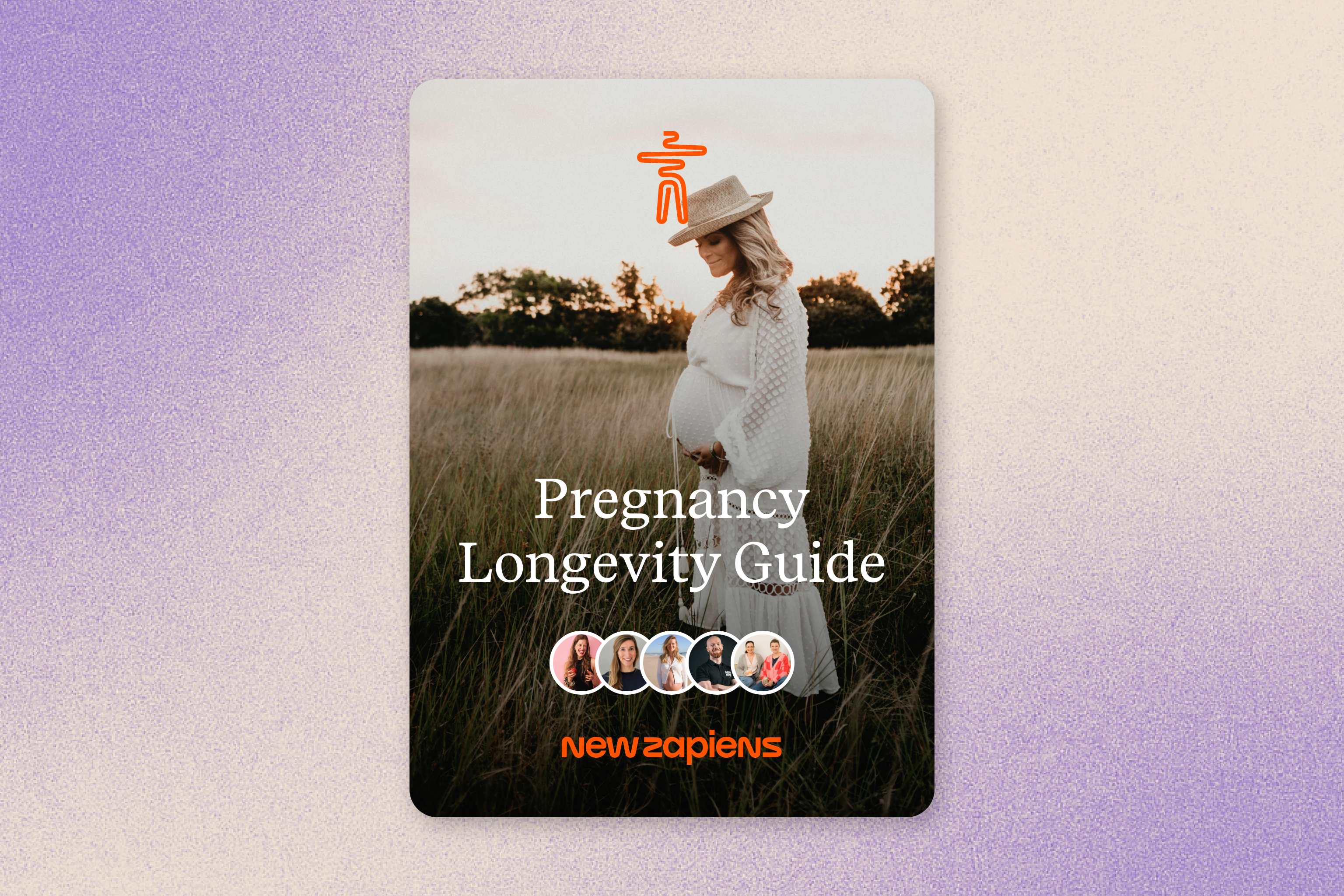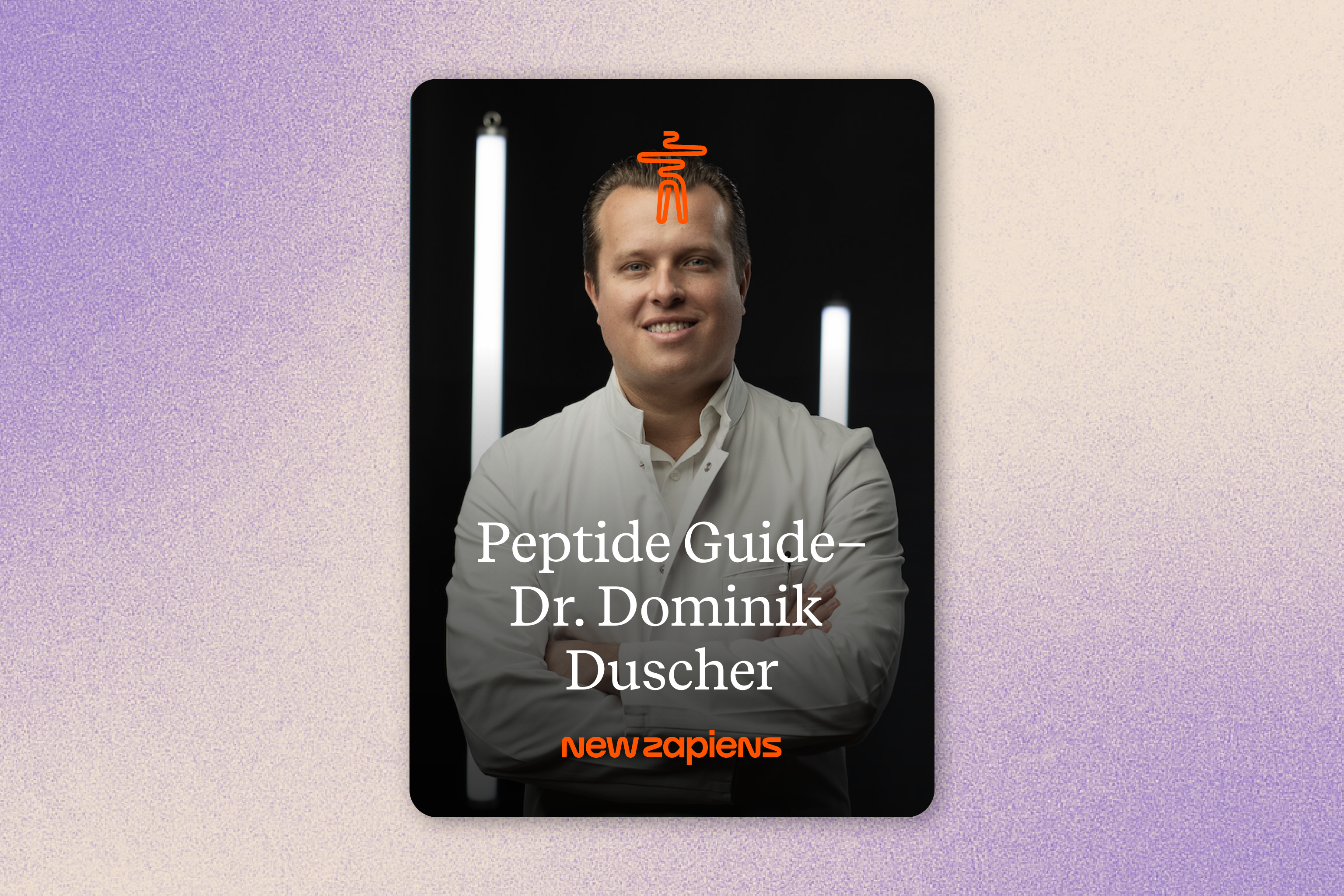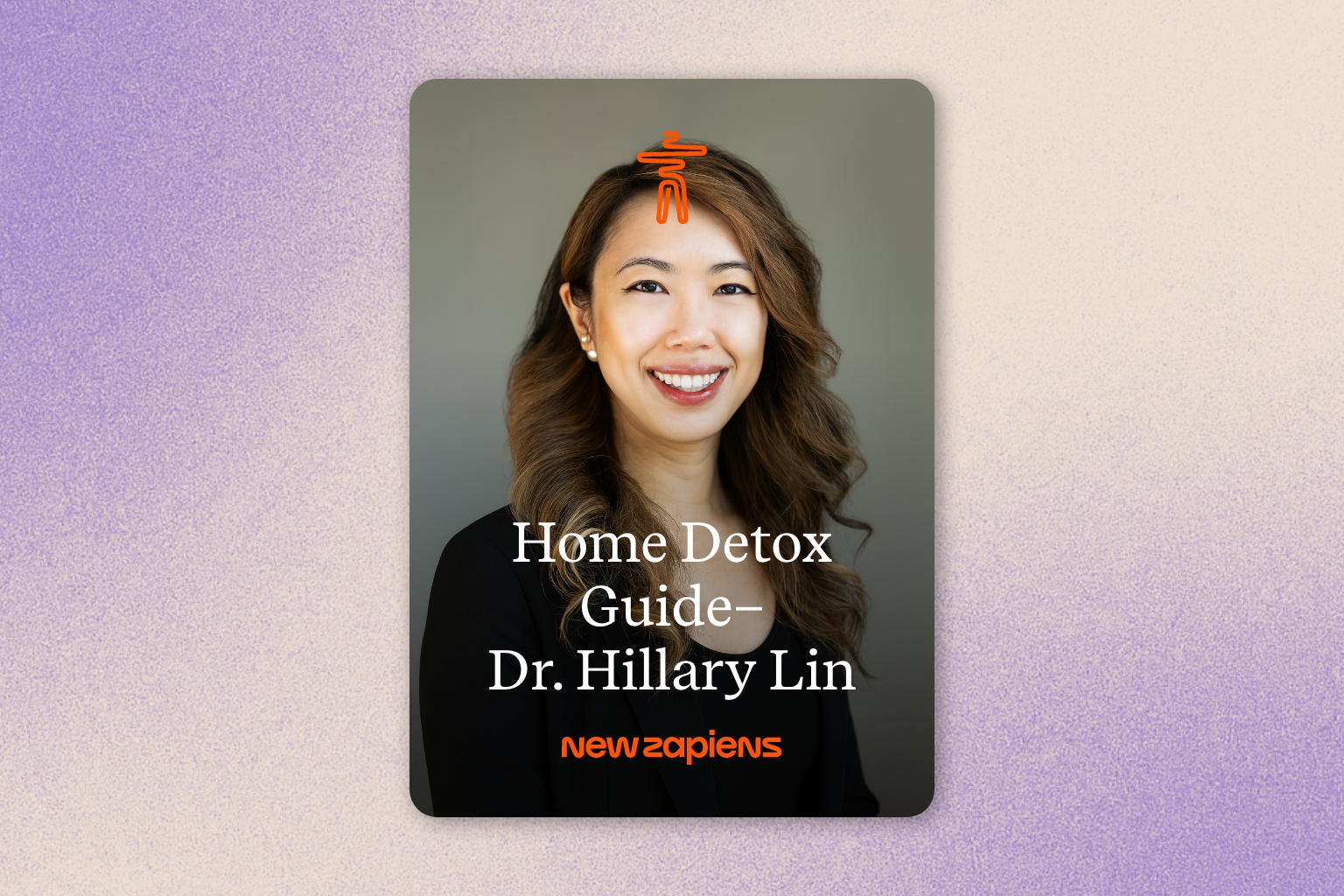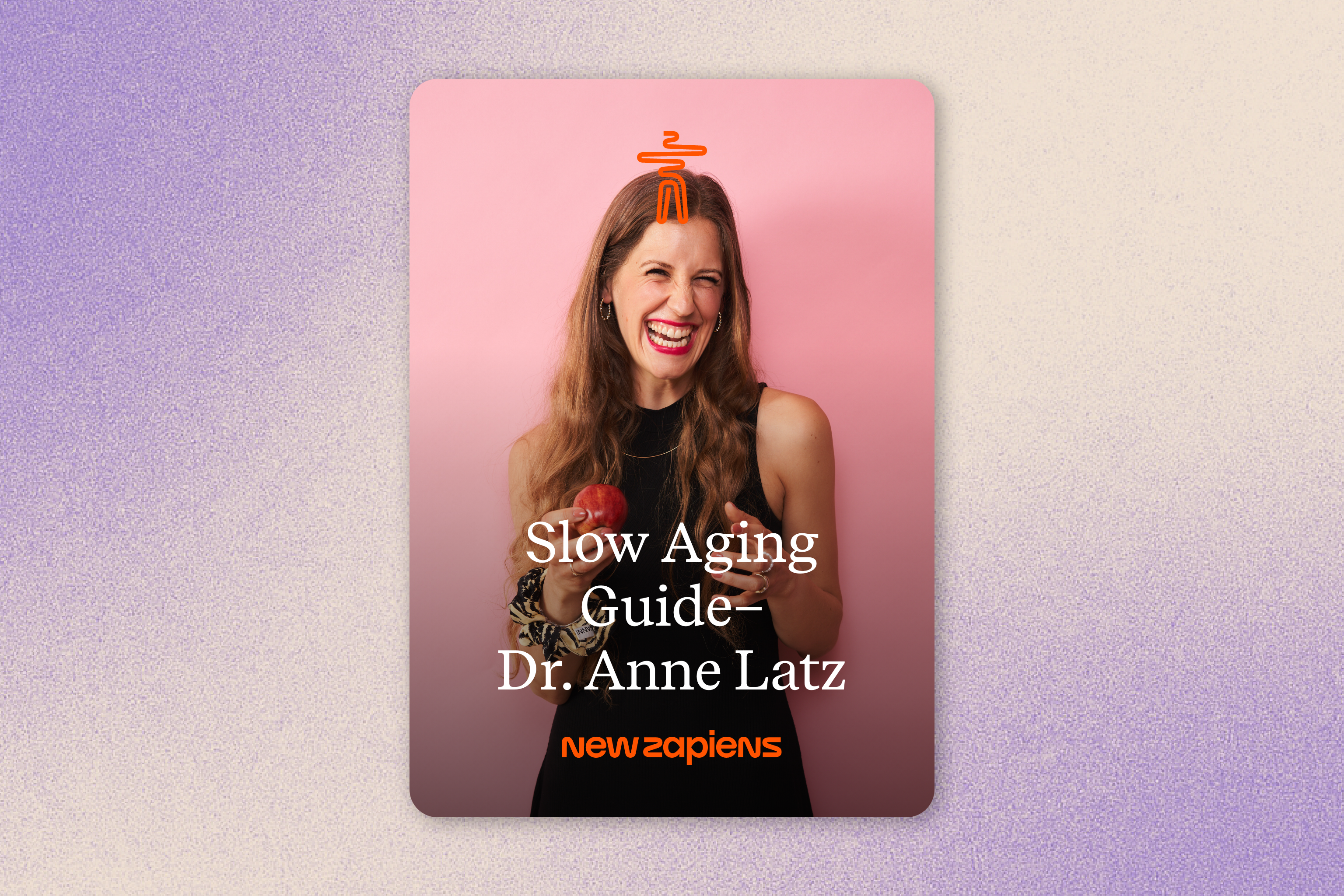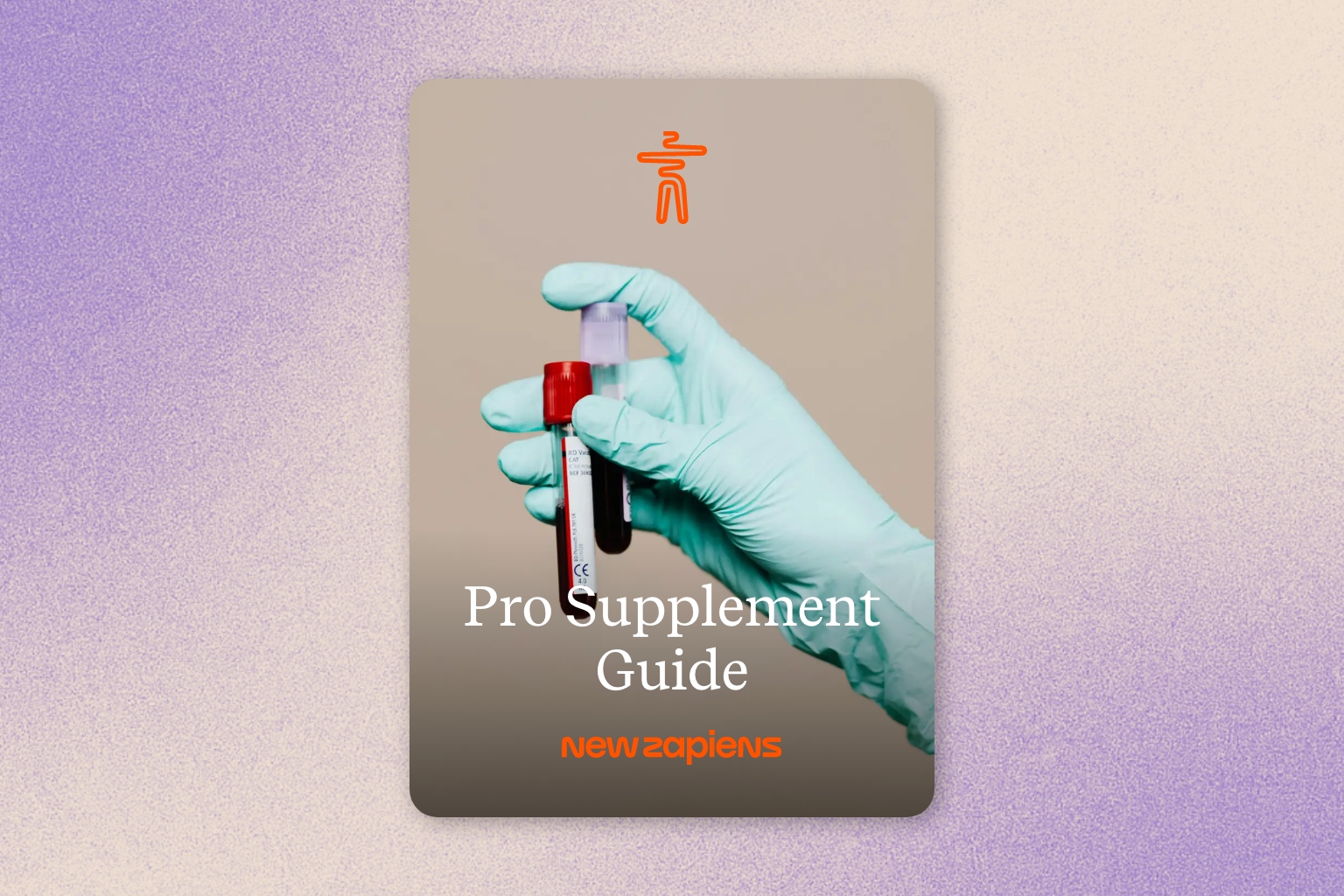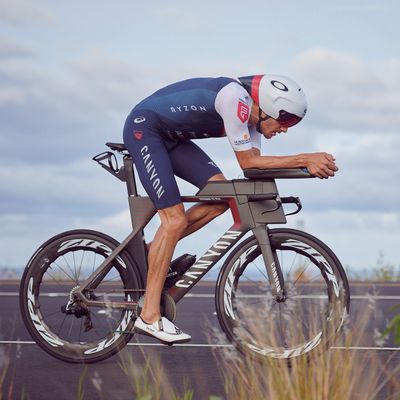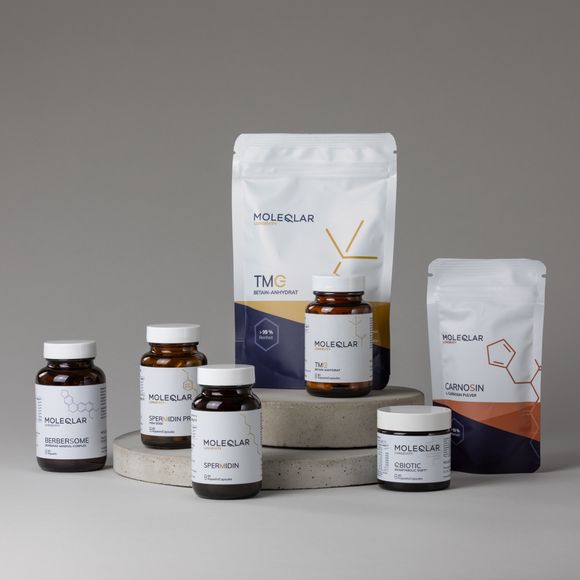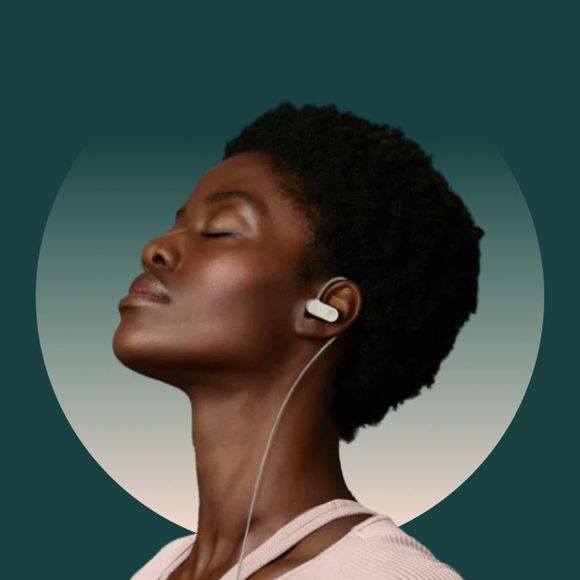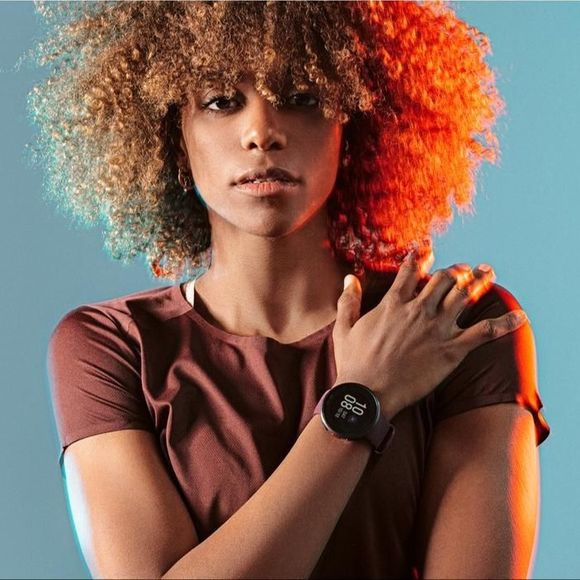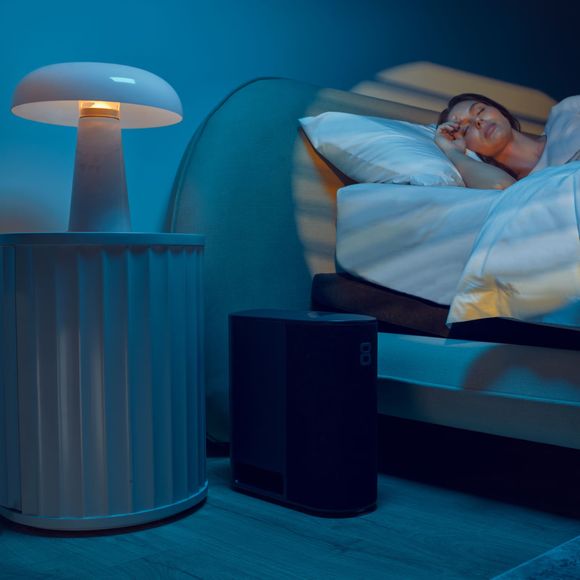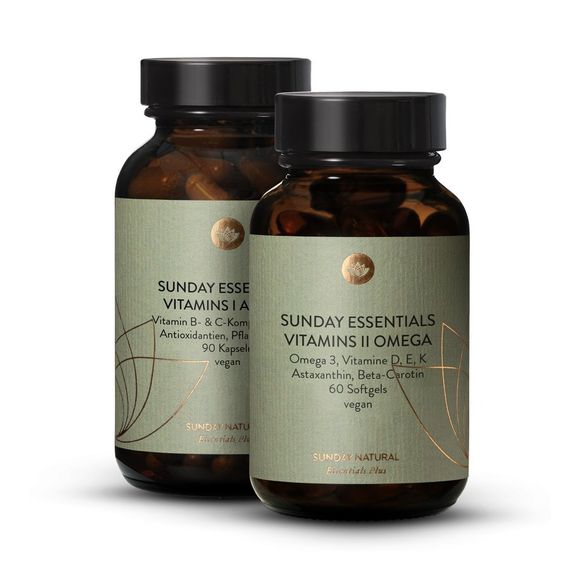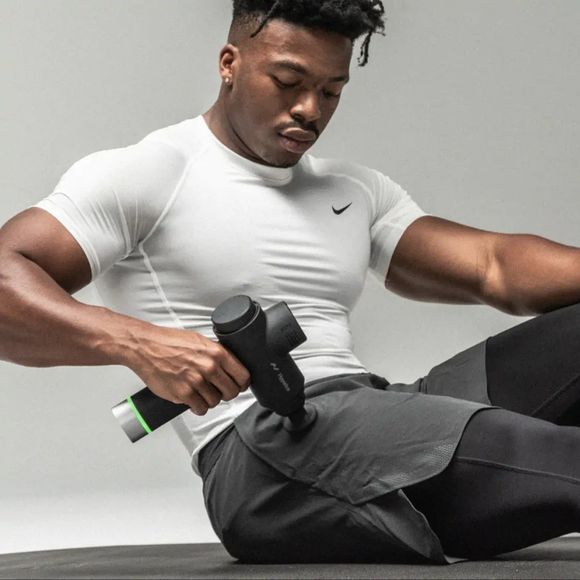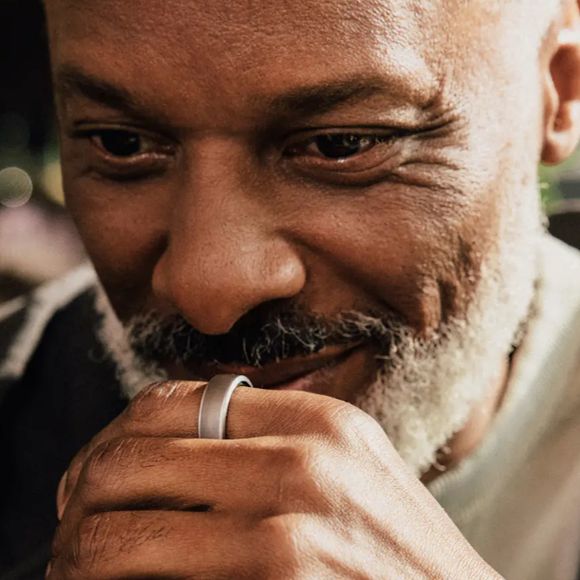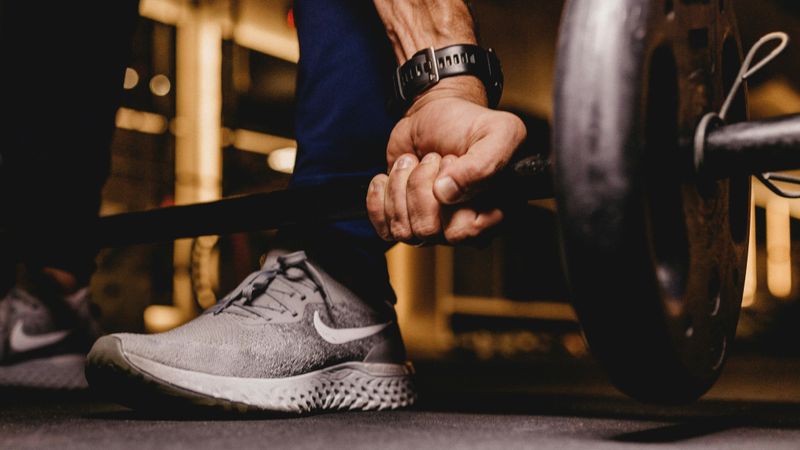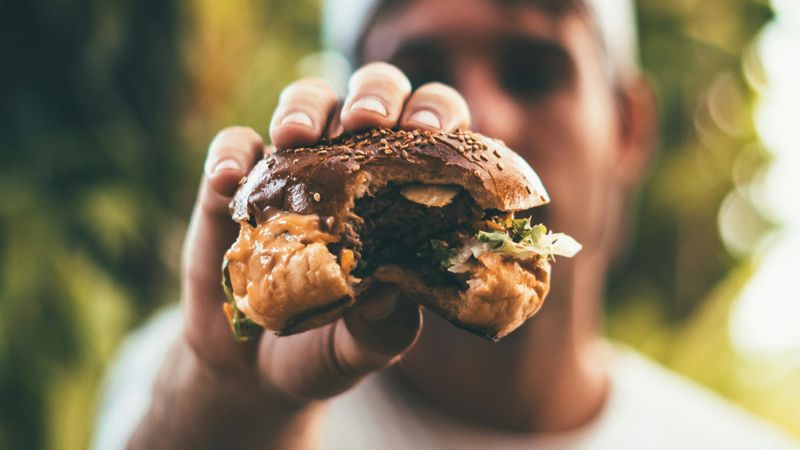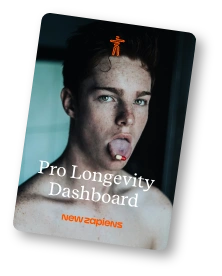Healthspan maximization
for busy beginners
The global longevity hub—community, brands & tools trusted by 15,000+ worldwide.

Join 15,000+ verified
community members
New discussions
Which air filters would you recommend for a small office?
Heart rate monitor
Budget-Friendly Device for Tracking Core Health Metrics
Popular discussions
Best weighted vest for zone 2 running & bodyweight training – GoRuck, Rogue, or alternatives?
What’s your favorite organic, high-polyphenol extra virgin olive oil (EVOO)?
Which red light therapy panel is best for beginners looking to improve recovery, energy and skin?
What are your most effective daily stress management techniques that require the least time?
Discover health stacks
Mario Gietl
Medical doctor & Co-Founder of the german longevity company MOLEQLAR®. Host "Beyond Lifespan Podcast". Interested in a science-backed approach to healthy aging and longevity involving nutrition, supplements and health tech.
Simon Krüger
Love the water in summer and the mountains in winter. Father of 3. Entrepreneur. Co-founder Doctolib Germany and New Zapiens 🚀
Annie Nosh
A lifelong student of longevity and living well Currently ranked #2 on the Rejuvenation Olympics. Daily habits • health curiosity • real life
Martin Brüggemann
Partner, Dad, Co-Founder t3n, CTO (20+ years), Espresso-Lover, Ultracycling enthusiast and Longevity Fan. CTO New Zapiens GmbH
Floris Roltsch
Data Scientist • Co-founder LONGEVITAL • I want to maintain optimal health and performance until 60 years old and stay free from chronic disease until 90 or longer. • Built LONGEVITAL to help me and others get there by combining biomarkers & BioAge with daily feedback through effortless lifestyle tracking.
Dr. Mark Hyman
Longevity expert, functional medicine doctor, bestselling author and entrepreneur. Photo © Mark Hyman
Hadi Saleh
Trained Orthopedic Surgeon Entrepreneur - CEO of CeramTec Group, a midcap German „Hidden Champion“ Since more than 9 years I have embarked on the journey to find out how I can optimize my life towards a healthy long life - striving to live to 120 years. I have a German Podcast called „Mission Gesundheit“ dealing with all topics regarding to health and have written a book with the same title.
Sandra
I believe in primary prevention as a mean to counter-balance individual genetic risks. Super interested in functional medicine, but frustrated about the limited options available in Germany (anyone around in Munich? ;-) ). Medical Doctor and Molecular Biologist by training (but not providing medical services myself anymore)
Jan Frodeno
Olympic champion and three-time Ironman World Champion. Now focused on movement and staying active through mountain sports and a balanced lifestyle. Photo © Ryzon
Discover longevity brands
MOLEQLAR
MOLEQLAR offers a range of high-quality supplements and lab tests designed to enhance longevity, performance, and overall well-being. Their products include a proprietary proteomic testing platform as well as Nicotinamide mononucleotide (NMN), resveratrol, spermidine, and other essential compounds aimed at supporting cellular health.
YEARS
YEARS offers the Personal Aging Check, providing the most comprehensive knowledge about your body you have ever experienced.
BLACKROLL
BLACKROLL offers special foam rollers, fascia tools, and exercise accessories designed to improve mobility, relieve muscle tension, and enhance sports performance and recovery. Their products are used by athletes, physical therapists, and fitness enthusiasts worldwide for (self-)massage, myofascial release, and overall movement optimization.
Nurosym
Nurosym offers a wearable device designed to provide relief from various conditions, such as Long-COVID, PTSD, depression, and more. The device uses non-invasive neuromodulation to stimulate the vagus nerve, helping to improve overall well-being.
Polar
Polar is a global leader in heart rate monitors, fitness trackers, and sports watches. Their products are designed to help athletes and fitness enthusiasts track their performance and achieve their fitness goals.
Eight Sleep
Eight Sleep offers the intelligent sleep system designed to improve sleep quality through advanced technology. Their products include smart mattresses and accessories that provide personalized sleep tracking and temperature regulation.
Sunday Natural
Sunday Natural offers natural vitamins, supplements, and vital substances to support overall health and well-being. The products address various health needs, from overall body systems to specific concerns, including age- and gender-specific topics like menopause, gut health, and immune support.
Hyperice
Hyperice provides innovative technology to enhance muscle recovery and improve mobility.
Aware
Aware offers an app that provides deep insights into your health by tracking vitamin D, glucose, and cholesterol levels. Their technology helps users monitor and improve their overall well-being with real-time data and personalized recommendations.
Oura
Oura delivers cutting-edge health insights right at your fingertips—literally. This sleek Finnish-designed ring tracks sleep, recovery, and daily activity, empowering you to optimize your longevity journey and enhance overall well-being.
Longevity magazine
Discover all →Latest Reviews
Write reviews, climb the ranks

1. Create account
Sign up for free and start writing reviews that help others make better health decisions.
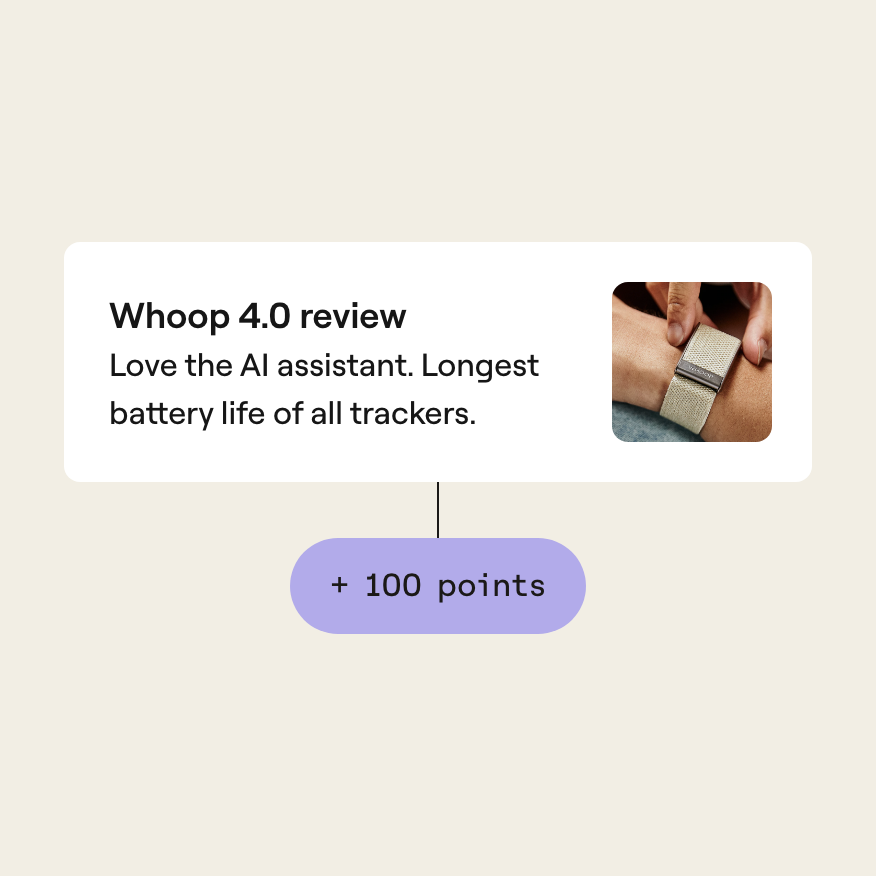
2. Earn points
Earn points for writing reviews, giving likes and submitting new brands.

3. Climb the leaderboard
The more value you provide, the faster you build trust and rise on the leaderboard.
Healthcare is broken
Doctors and pharma companies profit from treating illness, not keeping us healthy.
The wellness industry is full of bold claims with little to no evidence.
Health gurus and influencers capitalize on our insecurities, offering questionable advice that often misleads rather than helps.
In a world where trust is everything, who can we rely on?
Read full story